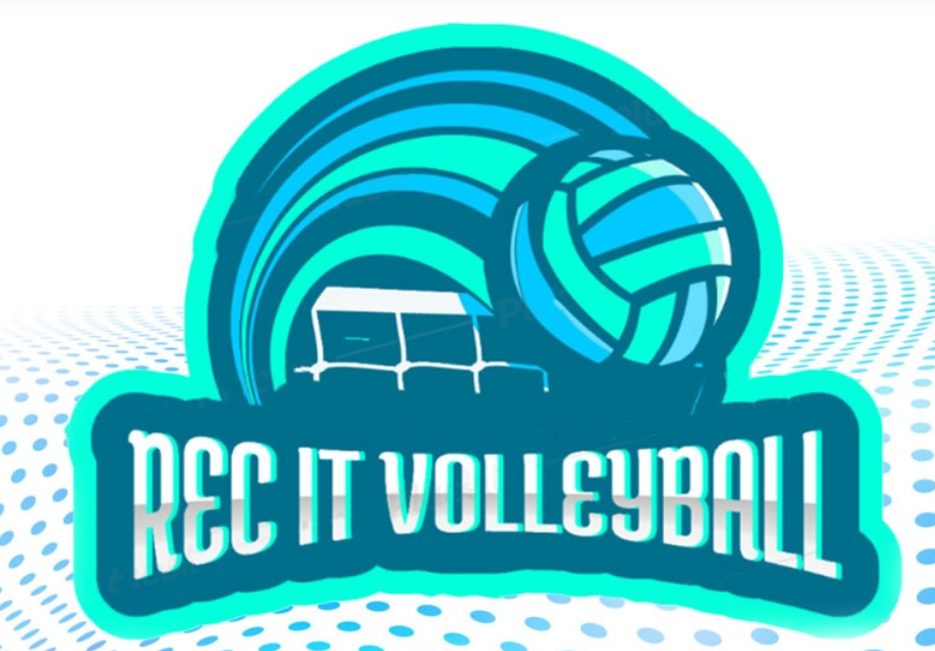Deal would give Japanese carrier a majority interest in Sprint; analysts call it a good fit Sprint confirmed Thursday it is negotiating with Japanrsquo third-largest wireless carrier Softbank regarding a potential substantial investment by Softbank in Sprint.Earlier reports from the Japanese business press said the investment could be valued at $30 billion, with Softbank buying up the outstanding shares of Sprint and gaining a majority interest. In an emailed statement, Sprint said the <a href=https://www.stanleycup.it>stanley cup</a> re can be no assurances that these discussions will <a href=https://www.stanleycup.ro>stanley termos</a> result in any transaction, but added, ldquo uch a transaction could involve a change of control of Sprint. Sprint also said it would have no further comment unless and until an agreement is reached. If Japanrsquo third-largest wireless carrier Softbank negotiates successfully to buy a majority interest in Sprint, the two could be a good fit for their technology and attention to customer service, analysts said.Earlier Thursday, both companies had called the negotiations ldquo peculation. But the deal makes some sense simply because of consolidation going on in the U.S. cellular industry, and Sprintrsquo need to grow subscribers and revenues to compete with U.S. leaders ATT and Verizon Wireles <a href=https://www.owala-water-bottle.us>owala water bottle</a> s. Sprintrsquo tremendous focus on customer satisfaction would fit well with Softbankrsquo approach to the market, said Steve Hilton, an analyst at Analysys Mason. Use Srdb Performance monitoring and capacity planning
Companies can now buy 15TB of raw capacity for $50,000 or less The approach companies often take with their archived paper records is out of sight, out of mind. While most major companies digitize newly produced data and re <a href=https://www.polenes.com.de>polene</a> ports using technologies like COLD Computer Output to Laser Disk or disk-archiving systems, decades-old boxes of paper may remain stored with third-party storage providers. Those days may be coming to an end. Companies can now buy a suitable storage system with 15TB of raw capac <a href=https://www.polene-italy.it>polene bag</a> ity for $50,000 or less. While there are still labor costs associated with retrieving, scanning and indexing these paper records, the average size of a scanned image is 20KB to 40KB so companies can store millions of paper documents on a 1TB disk. Justifying the cost is easier as well. To store a box of paper costs about 50 cents per month. While not much, eliminating the annual costs associated with storing thousands of boxes can nearly fund the cost of digitizing this data since companies can use their annual budget for off-site storage costs as the funding source for the new storage gear and labor while digitizing the data eliminates the recurring off-site fees. Also driving the digitizing of archived paper records are data discoveries and the liability that keeping paper records poses to companies long term. Digitizing these documents enables companies to recognize and classify the data on these paper documents. Once indexed, companies <a href=https://www.owalas.com.de>owala deutschland</a> can set policies that delete records as
